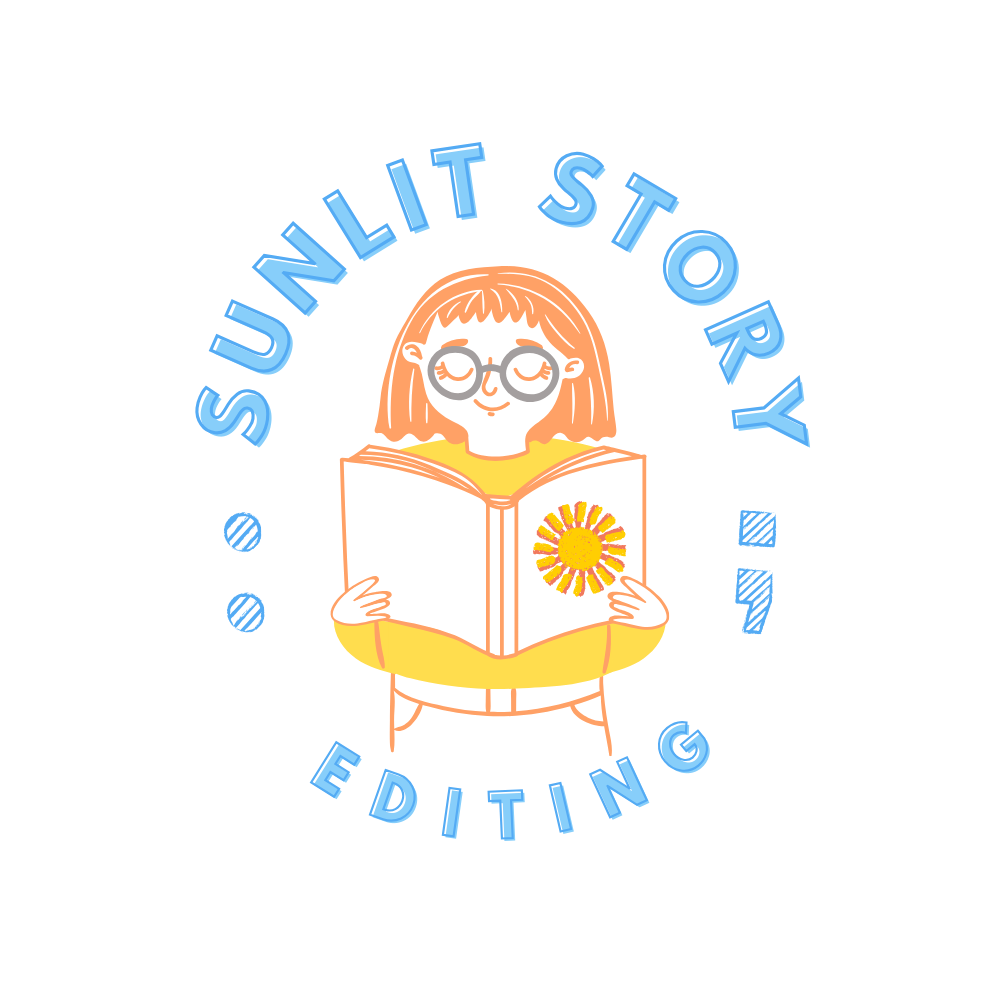Meet Your Editor
there’s a meadow woman in my dreams. she has lips of watercolor mud, skin swirled with the gold of wheat, orange fish swimming in her opalescent eyes. the twigs of her hair pull in the wind, clamoring together.
she visits at any moment and whispers things to me, things that don’t make sense. one day she tells me i will die. the next, i will live forever. when she talks, her parting lips reveal feathers instead of teeth.
my therapist says she’s not real, but i know she’s there. i feel her breath on my skin. i wait for her.
-dreaming
I wrote this piece as part of a project I’m working on, 100 Stories in 100 Words. I got into flash fiction by participating in one of the weekly group contests on Scribophile, a website where writers can get critiques on their work and participate in community activities.
My introduction to editing was through Scribophile. Like others on the site, I joined looking for beta readers for my writing, specifically my poetry. But through that process, I fell into the world of editing, and realized this is what’s been missing in my life.
I’ve always been a writer; I’m always working on some writing project. I challenge myself to write one poem a week based on a prompt. I have multiple books in the works. I enter short story contests just to see what I can come up with. When I was a kid, I daydreamed my way through school and church, fingers itching for when I could write my newest idea.
Now, I run a writing group in Chicago. Every other week, a group of people join me and we spend hours writing. We discuss our projects, our challenges, and our wins together.
I understand the writer’s position; I understand the nerves that accompany sending someone else your work for the first time. And I also understand the editor’s position– that of wanting to support the author in creating the finished piece they’re envisioning. I’ve spent the last three years learning and practicing editing. I don’t have an English degree (though I do have a Spanish one) or experience working at a publishing company, but I have years of practice under my belt and countless hours of my time spent working with authors to understand their work and their goals.
It’s finally time for me to open up my services to the general public, so I can do whatever possible to help you mold your book into the finished piece it’s meant to be.
I’ll end with another one of my flash fiction pieces, one that is more optimistic than the previous one:
The lifespan of a ruby-throated hummingbird is three to four years, one of the shortest of any bird.
Every spring, we put out birdfeeders. We don’t always see them when they come; we’re too distracted, too loud. These hummingbirds, these hollow things, mysterious fluttering things, uncaptureable—they’re shimmering sky transfigured, fastidious, easy to leave. Every year, I beg them to slow down.
The lifespan of a ruby-throated hummingbird is only three to four years. But that’s okay, because this one is here now, and it’s full with nectar, and for this spring—without knowing what the future holds—we’re together.
-This Spring
